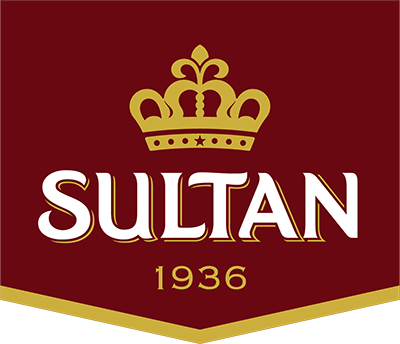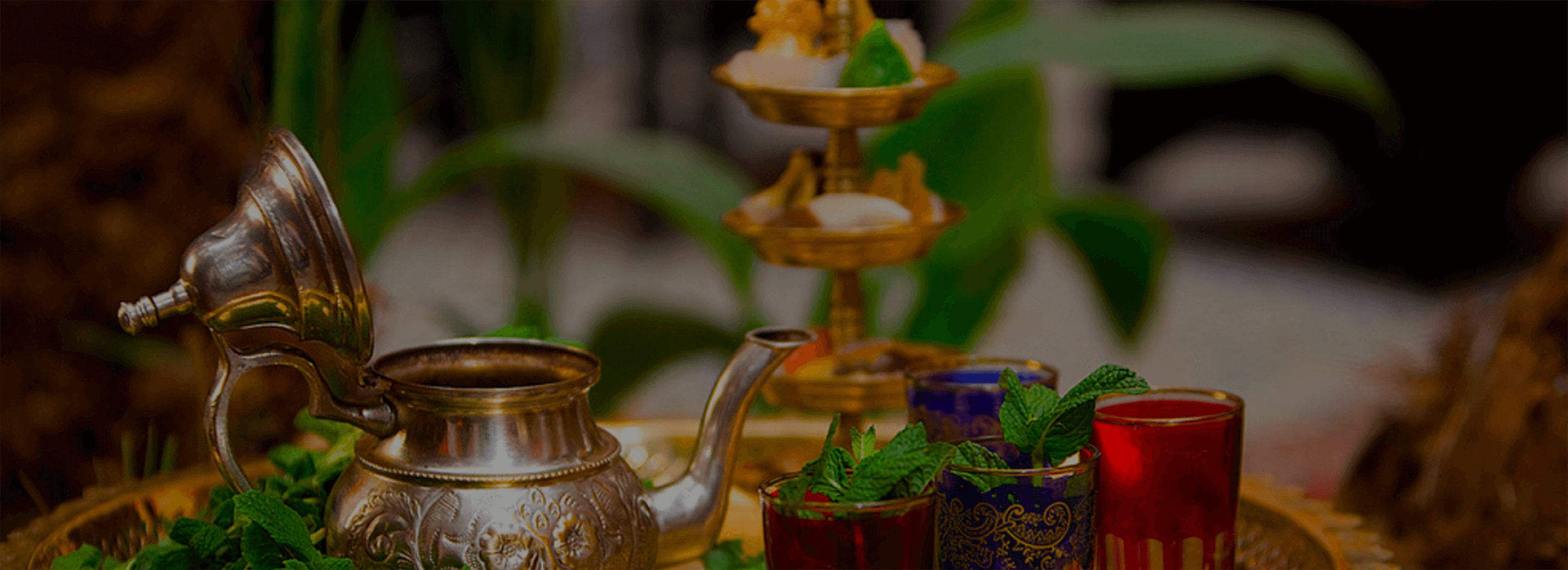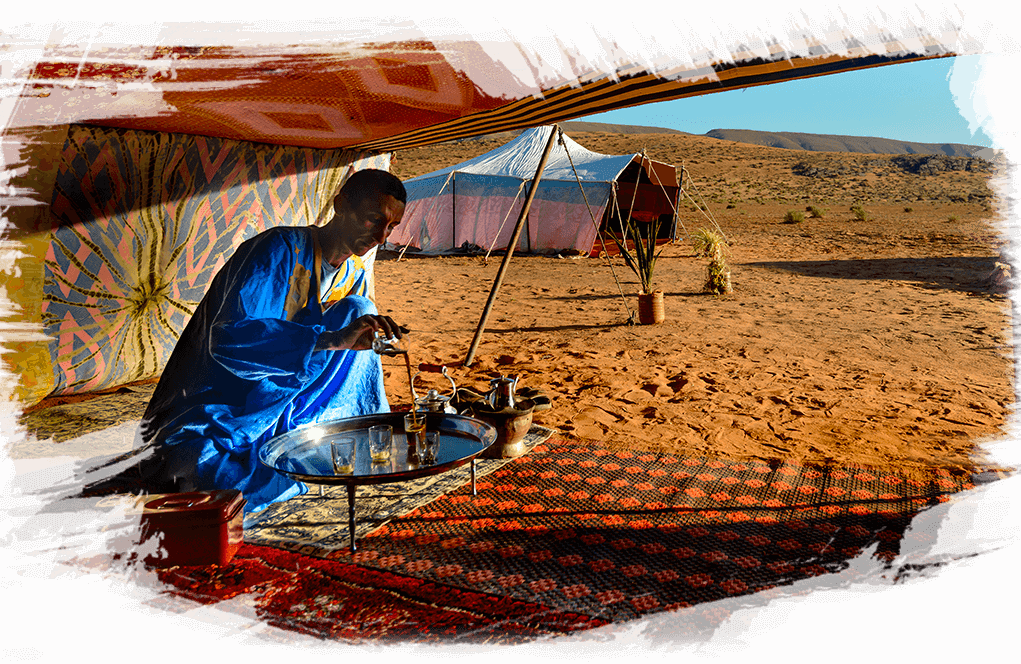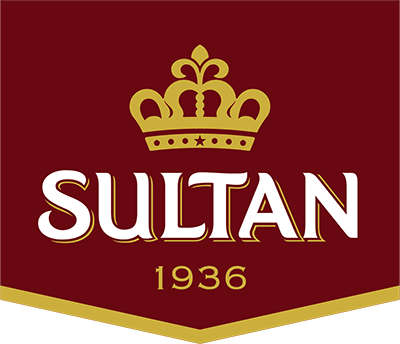-
Morning Tea
Tea is often served at breakfast, especially in traditional families who prefer it to milk or coffee.
-
11th Hour Tea
Tea at the 11th hour is a key part of the day, especially for the religious festivals of Aid El Kebir and that of the Aid Seghir, marking the end of the month of Ramadan. Here it is accompanied by many kinds of Moroccan preparations and feasts.
-
The Lunch Tea
The use of tea during lunch remains the prerogative of some large traditional families of Rabat, Marrakech and Fez, who continue to perpetuate this tradition, accompanying large meals. At noon, in rural areas, many people are in the fields and, as a result, the meal is frugal. It is often composed of a handful of dates swallowed with a glass of milk, sometimes a single spike of grilled corn.
-
Post-Breakfast Tea
After lunch, the tea is almost sacred and is particularly appreciated for its digestive function. Tasted either immediately after the meal or just before returning to work, this tea is relatively strong.
-
Tea of Taste
In the late afternoon, tea will be served again at tea time, often delayed until after 18:00 for husbands and children attending school. It will serve as a snack for children and will be accompanied by more substantial cakes than those of 11th hour tea, with melted butter or eggs.
-
The Post-Dinner Tea
In the evening, after dinner, the tea will vary according to the consistency of the meal. Evening tea is seldom accompanied by cakes, except for family gatherings and receptions.
-
Tea Across The Regions
Today, tea is, following milk and dates, the second constant of Moroccan hospitality traditions. From the most modest to the richest of families, there is no home where a visitor would not be served one or even several glasses of tea and the ceremony of tea varies according to the region. The preparation of mint tea also differs according to eating habits. We speak of "al m'qazoui", strong and bitter, blackish in color, which is especially appreciated in the great Sahara for its digestive character. Also, as an appetite suppressant; of "al assida", which is light and very sweet and of a yellow-green color, which is drunk everywhere and which constitutes an excellent dessert.
FREE UK SHIPPING ON ORDERS ABOVE £15
3 FREE SAMPLES ON EACH ORDER

DELIVERY TO OVER 50 COUNTRIES





